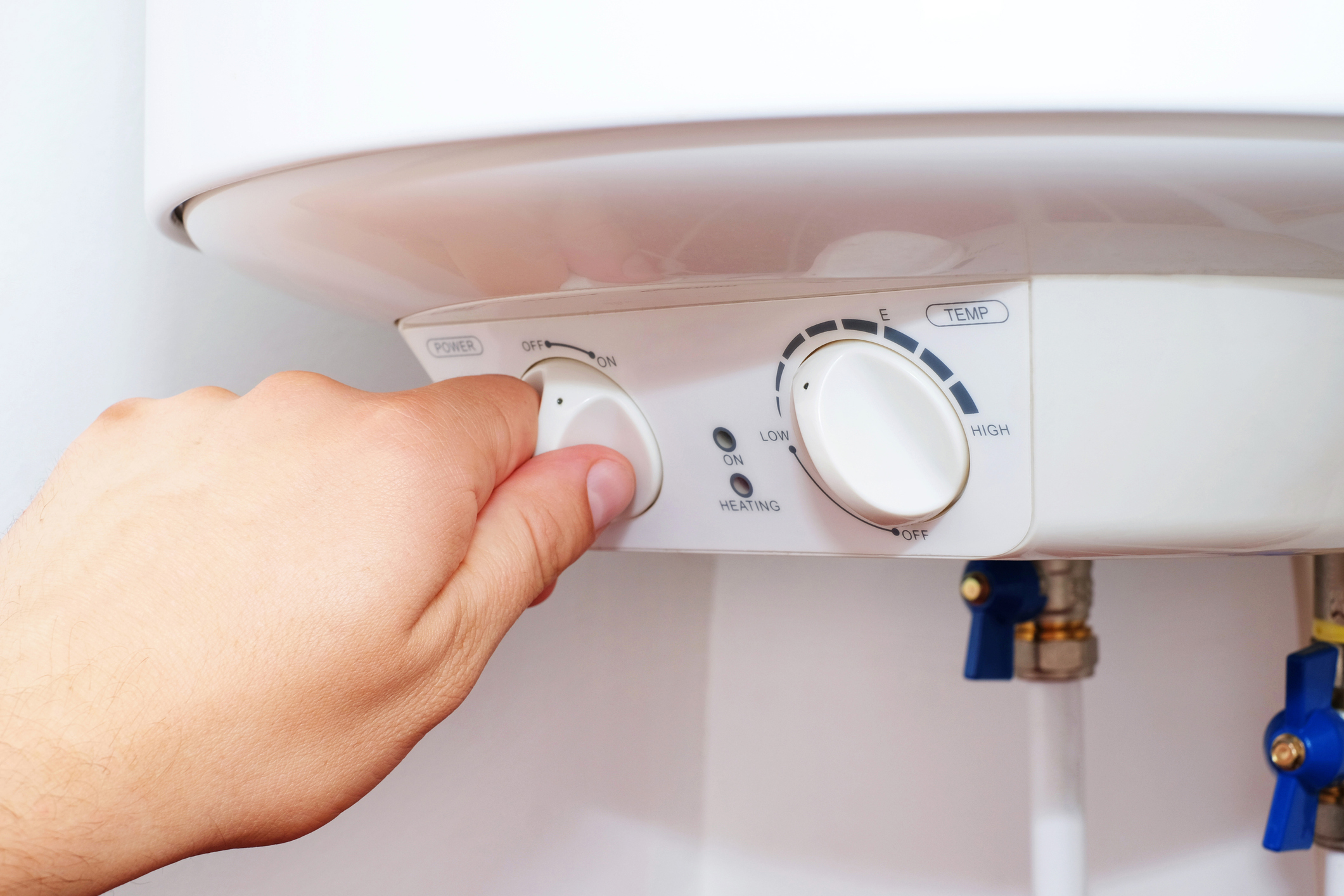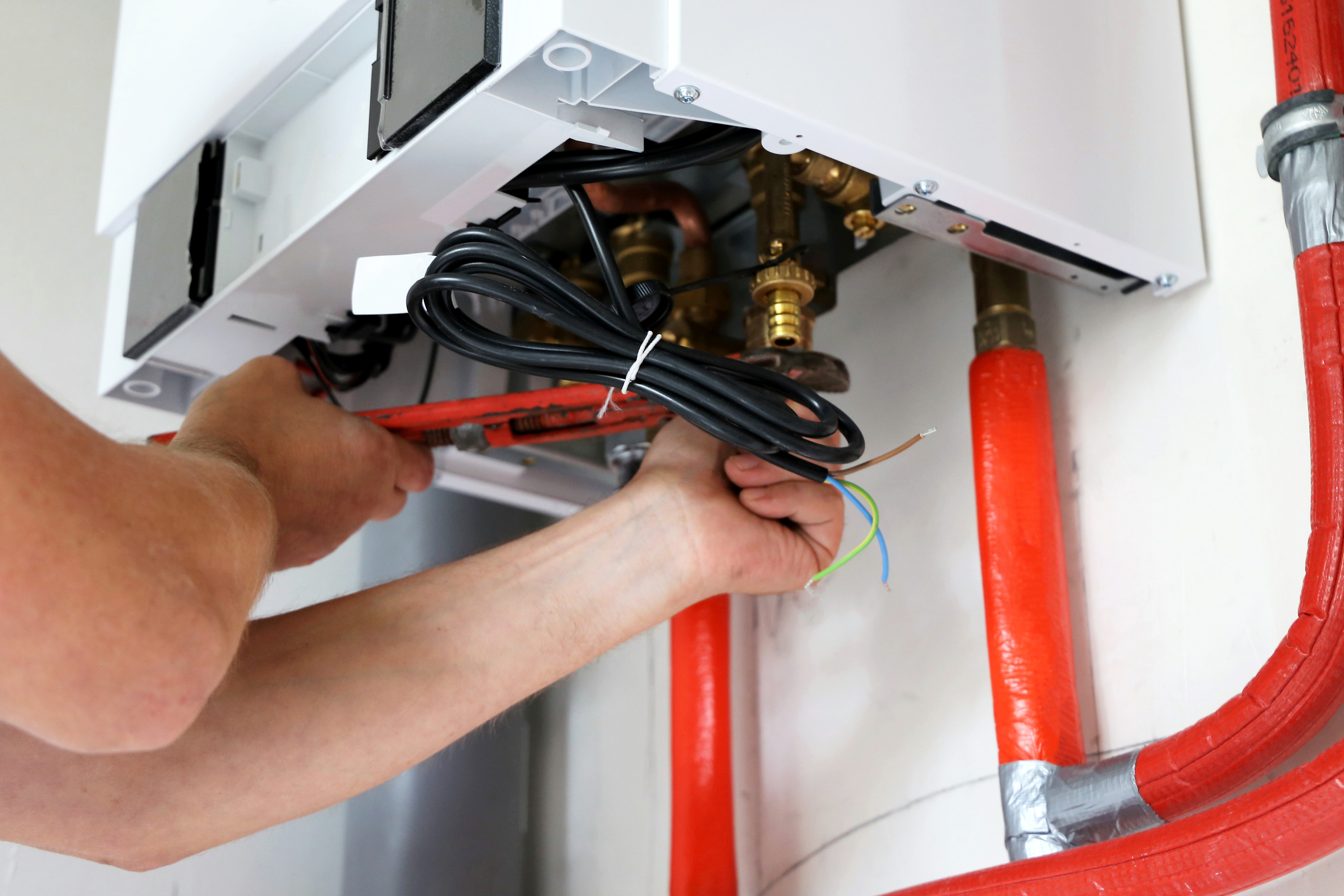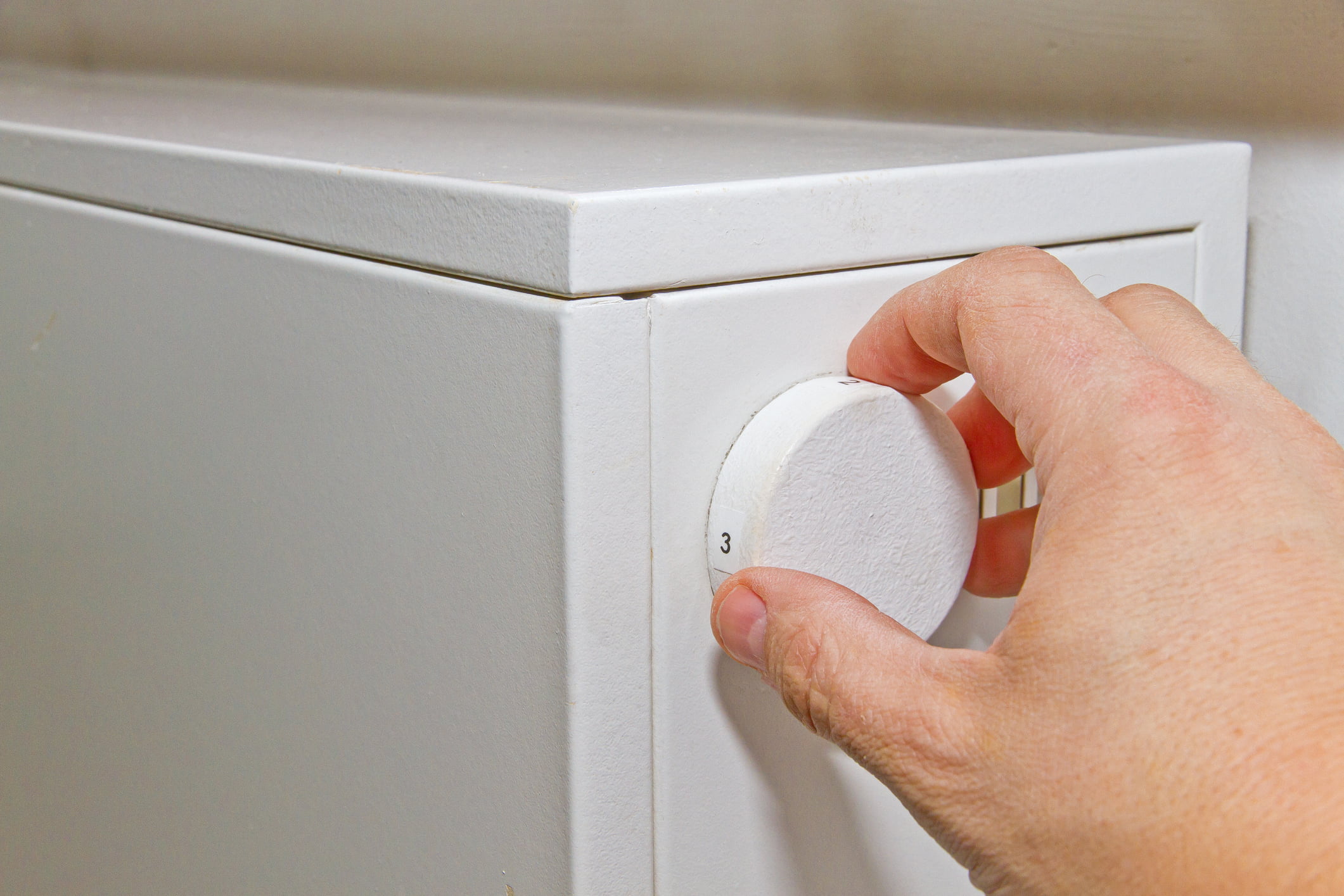Central heating is the most common form of heating in the UK. A single boiler heats up water that is pumped through pipes to radiators throughout the house as well as providing hot water to the kitchen and bathroom taps.
Most boilers run on mains gas, but in areas where mains gas is not available, the boiler could run on oil, electricity, LPG (tank gas), coal or wood. Mains gas is usually the cheapest, and has lower carbon dioxide emissions than other fossil fuels such as oil and LPG. Some boilers also have an electric immersion heater as a backup.
If you have a central heating system, you may want to consider these energy saving improvements:
- Replace your boiler with a newer, more efficient model.
- Fit better controls and use them to make sure your boiler only provides heat where and when you want it.
- Switch to a cheaper or lower carbon fuel or technology. Find out about renewable technologies for generating electricity and heat.
- Make any insulation and draught-proofing improvements that you can.
- Use chemical inhibitors to help maintain central heating system efficiency.


